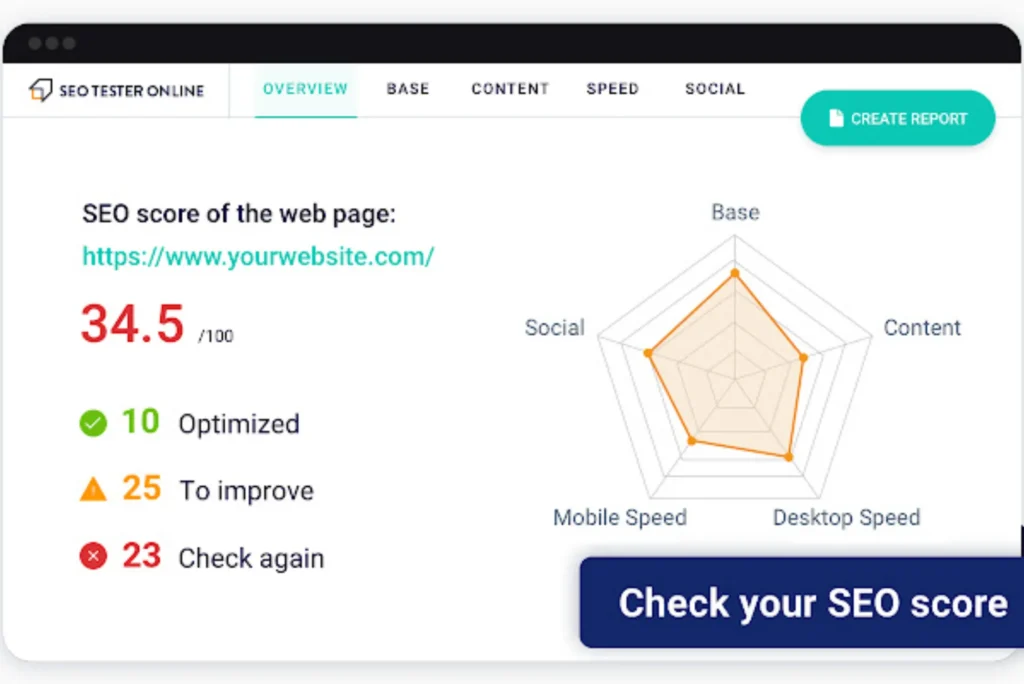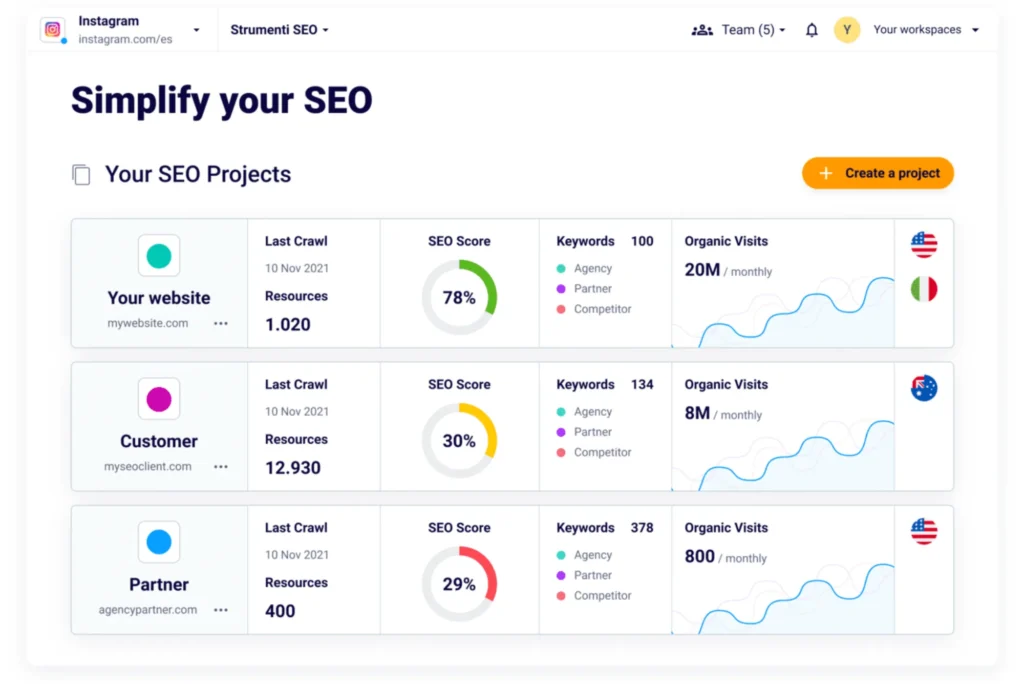Importance of SEO for Websites
Search Engine Optimization (SEO) is a critical process for enhancing a website’s visibility in search engine results. Proper SEO ensures that your site ranks higher on search engine result pages (SERPs), leading to increased organic traffic. Whether you’re a small business owner or a large corporation, understanding and implementing SEO is essential for online success. Consulting with an SEO specialist can provide professional guidance to improve your SEO strategies.
Understanding SEO Metrics
Key SEO Metrics to Monitor
Monitoring specific SEO metrics is essential to understand your website’s performance. Key metrics include:
- Organic Traffic: The number of visitors who find your site through search engines.
- Bounce Rate: The percentage of visitors who leave your site after viewing only one page.
- Page Load Time: The time it takes for a webpage to load, affecting user experience and ranking.
These metrics influence your website’s search engine ranking and overall user engagement.

SEO Audit Tools
Popular SEO Tools
Various tools are available to help conduct an SEO audit. Some of the most popular include:
- Google Analytics: Tracks and reports website traffic.
- Ahrefs: Offers backlink analysis and keyword research.
- SEMrush: Provides comprehensive SEO audit and competitive analysis.
- Moz: Delivers insights on page optimization and link building.
These tools are indispensable for any detailed SEO analysis.
On-Page SEO Analysis
Content Quality and Relevance
Quality content is the cornerstone of effective SEO. Ensuring that your content is relevant, well-researched, and includes strategically placed keywords is vital. Tools like Google Keyword Planner can help identify important keywords to target. Engaging content keeps visitors on your site longer, reducing bounce rates and improving your SEO.
Meta Tags and Descriptions
Meta tags and descriptions provide search engines with information about your webpage’s content. Ensure each page has unique, keyword-rich meta titles and descriptions to improve click-through rates from SERPs.
Internal and External Links
Link-building strategies, including internal and external links, are crucial for SEO. Internal links help users navigate your site, while external links from reputable sites, like Tawakkal Typing, boost your site’s credibility and authority.
Off-Page SEO Factors
Backlinks and Domain Authority
Backlinks from authoritative sites significantly impact your SEO. Tools like Ahrefs and Moz can help you track your backlinks and assess your domain authority. Gaining backlinks from trusted sources such as Tawakkal Typing enhances your site’s reputation and search engine ranking.
Social Media Signals
Social media activity can also influence your SEO. Shares, likes, and comments signal to search engines that your content is valuable and relevant. Integrate social media strategies into your SEO plan to maximize these benefits.
Technical SEO
Website Speed and Performance
Website speed is a crucial factor for both user experience and SEO. Tools like Google PageSpeed Insights can help measure and improve your site’s speed. Faster load times lead to better user engagement and higher rankings.
Mobile Friendliness
With the increasing use of mobile devices, ensuring your site is mobile-friendly is imperative. Use Google’s Mobile-Friendly Test to check and optimize your site for mobile responsiveness.
XML Sitemaps and Robots.txt
Creating and submitting XML sitemaps helps search engines index your site more effectively. Additionally, a well-configured robots.txt file ensures that search engines can crawl your site without any issues, improving overall SEO.
Competitor Analysis
Analyzing Competitors’ SEO Strategies
Understanding your competitors’ SEO strategies can provide valuable insights. Tools like SEMrush allow you to analyze your competitors’ keywords, backlinks, and overall SEO performance. Identifying their strengths and weaknesses helps refine your own SEO strategies.

Regular SEO Monitoring
Setting Up SEO Alerts and Reports
Regularly monitoring your SEO performance is essential. Set up alerts using tools like Google Analytics and Ahrefs to notify you of significant changes. Regular reports help you track progress and make informed decisions to continuously improve your SEO.
Hiring an SEO Specialist
When to Seek Professional Help
If managing your SEO efforts becomes overwhelming, it may be time to consult an SEO specialist. An SEO specialist can provide tailored strategies and advanced techniques to enhance your website’s SEO, ensuring sustained growth and visibility.
Summarizing SEO Best Practices
Regular SEO checks and updates are crucial for maintaining a high-performing website. Utilizing various tools and possibly consulting with an SEO specialist can significantly enhance your SEO efforts. Incorporate these best practices to ensure your website remains competitive in search engine rankings, leveraging backlinks from reputable sources like Tawakkal Typing to boost your site’s authority and credibility.












